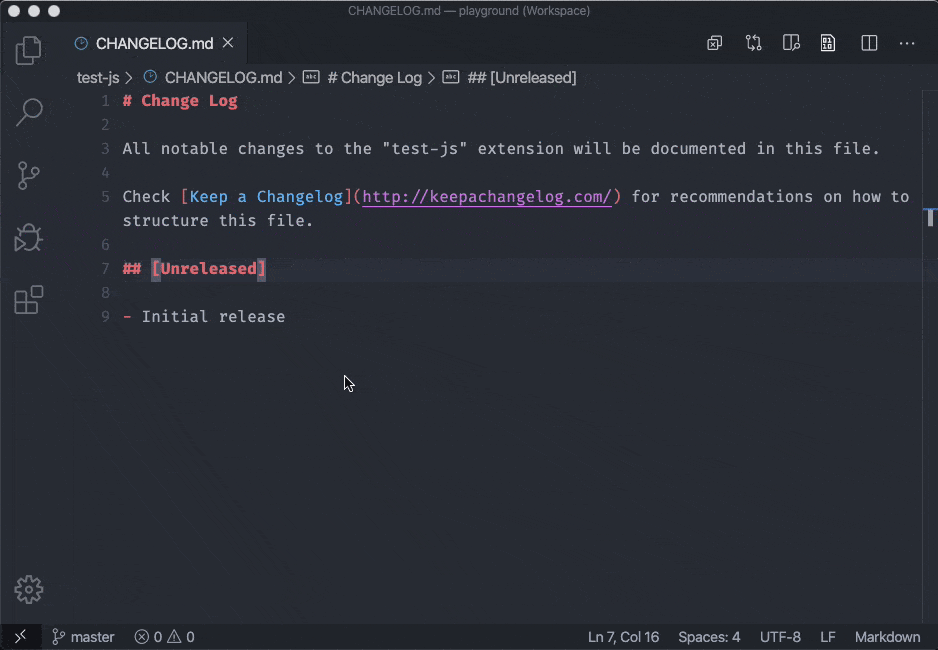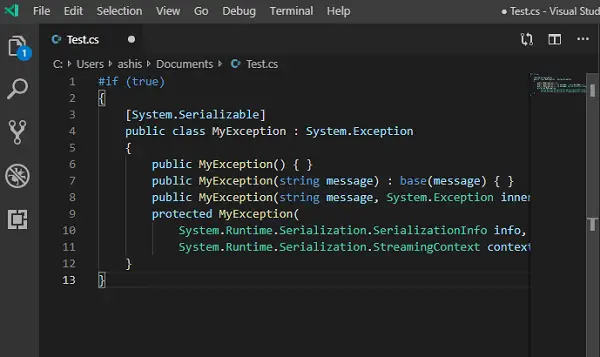

I’ll go into more detail about how this affects other Pester features later.ĭefines a single test case.

This can be used to scope certain variables and state in such a way that the Describe is not modified past the end of the Context block. For the most part, all other Pester commands must be placed inside a Describe, or they will produce an error.ĭefines an optional subgroup of tests inside a Describe. In the example screenshot, there are four new commands that are not part of the PowerShell language: Describe, Context, It, and Should.ĭefines a group of tests, and all Pester tests files must contain at least one Describe block. Today, we’ll go into more detail about what goes into these tests, and how to get information back from Pester. Use Pester for testing PowerShell modulesĪt the end of yesterday’s post, I showed this brief example of a. Use Pester to analyze small pieces of Windows PowerShell code Unit Testing PowerShell Code with Pester.Learn how to get information back from Pester

Learn about a new test framework for PowerShell called Pester Note This is a five-part series that includes the following posts: Summary: Guest blogger, Dave Wyatt explains how to get information back from Pester.


 0 kommentar(er)
0 kommentar(er)
